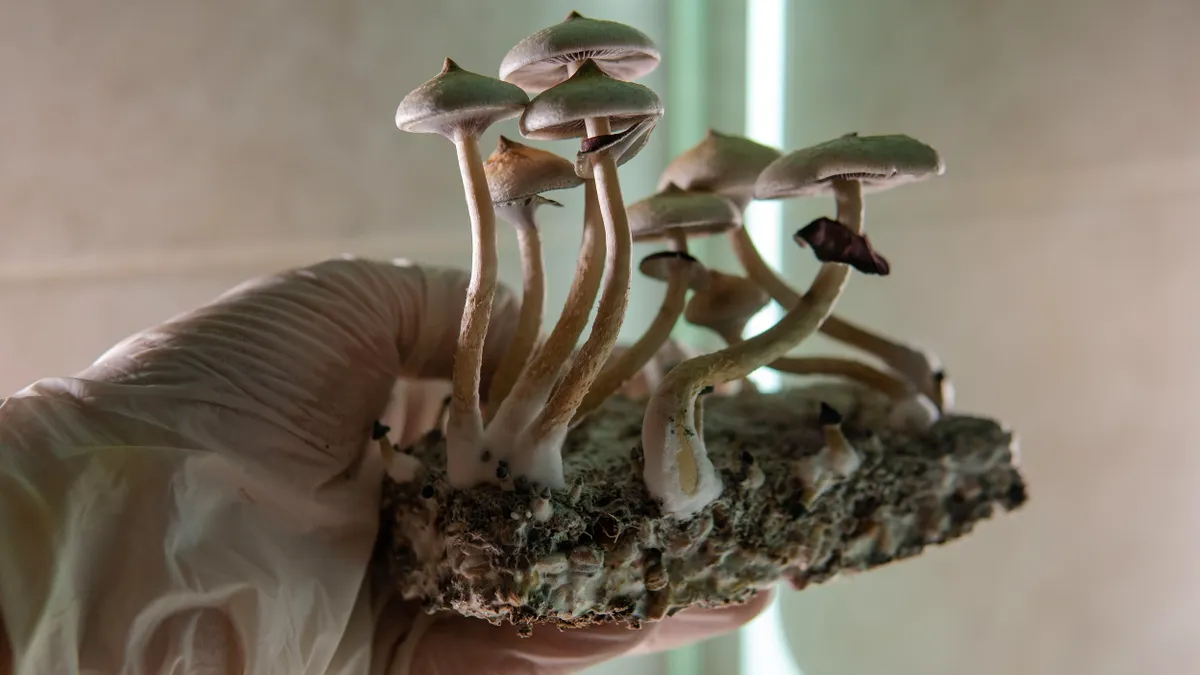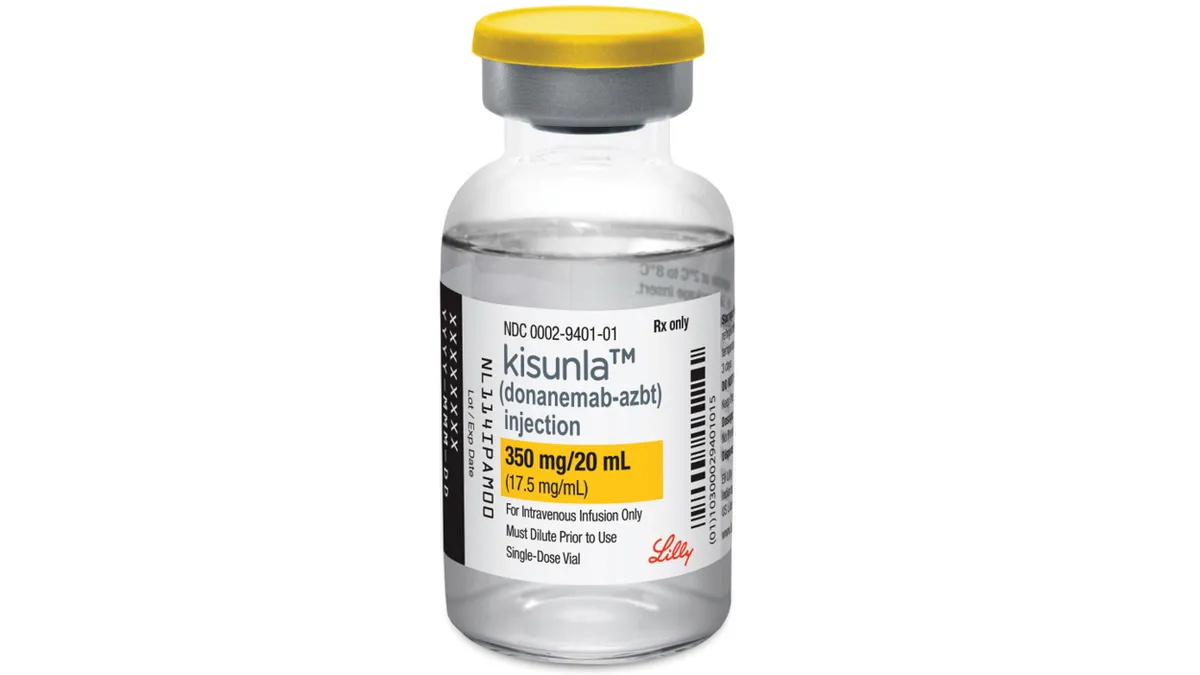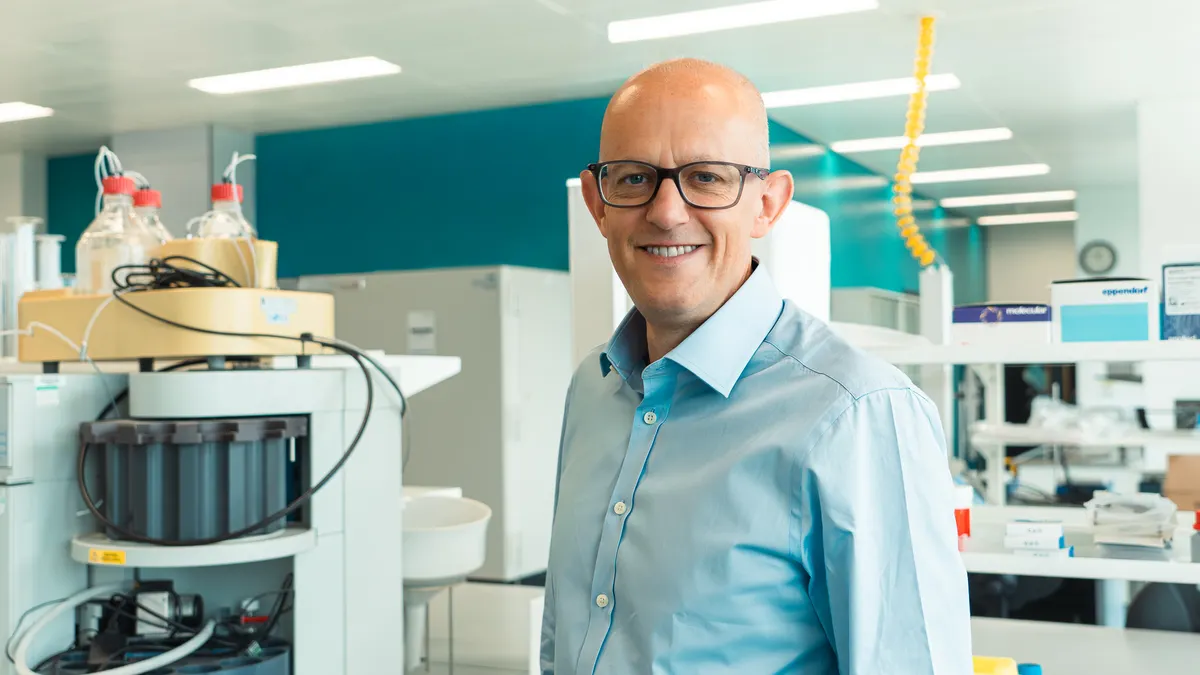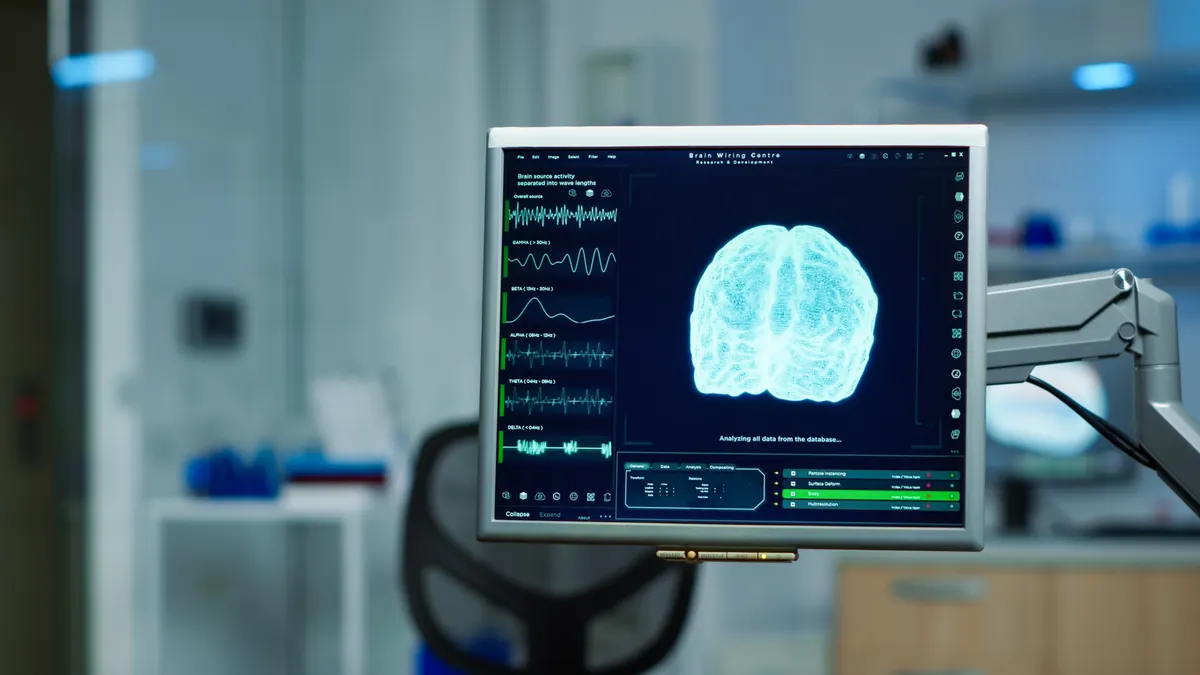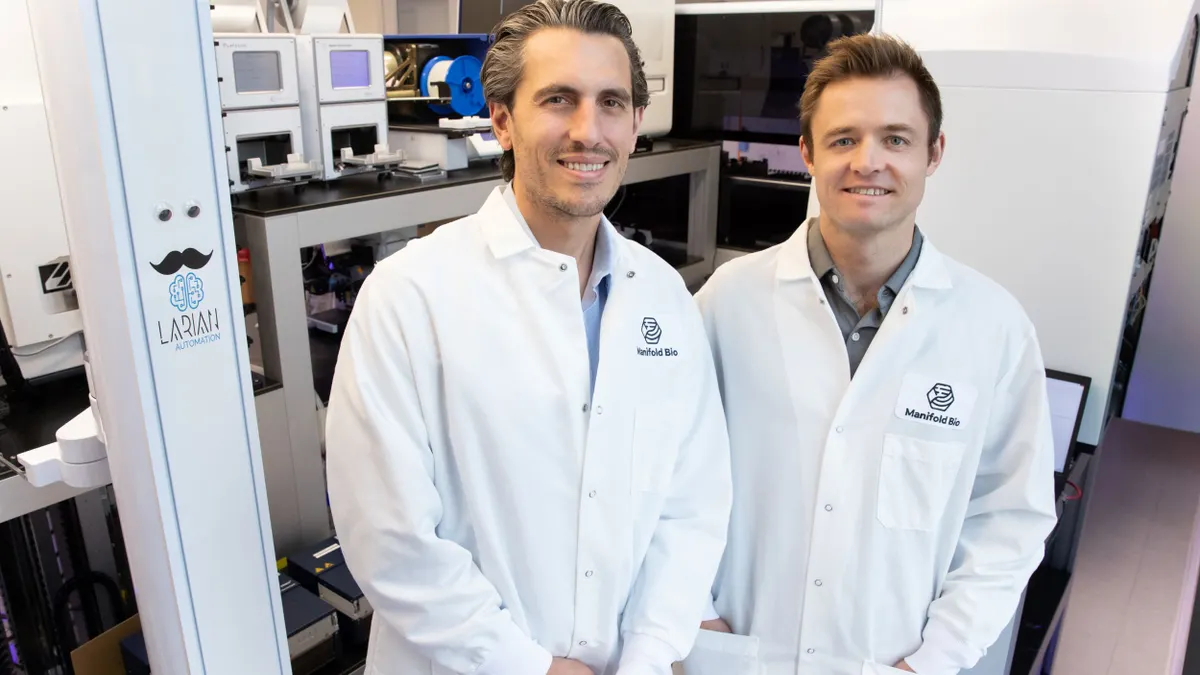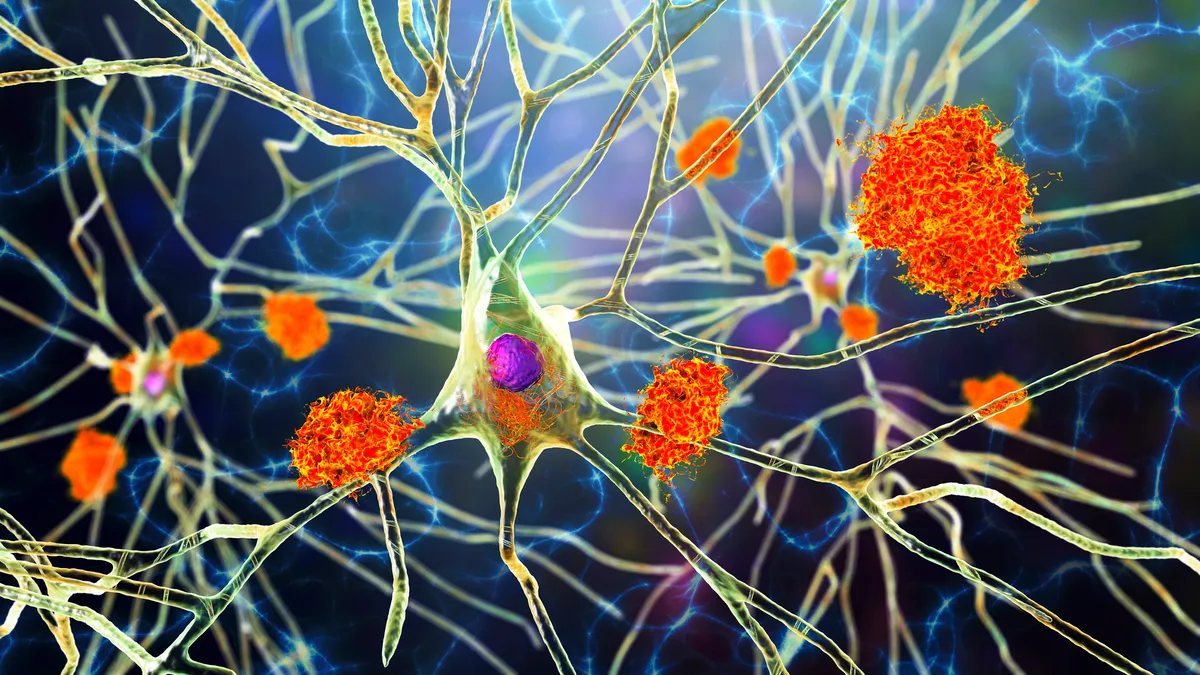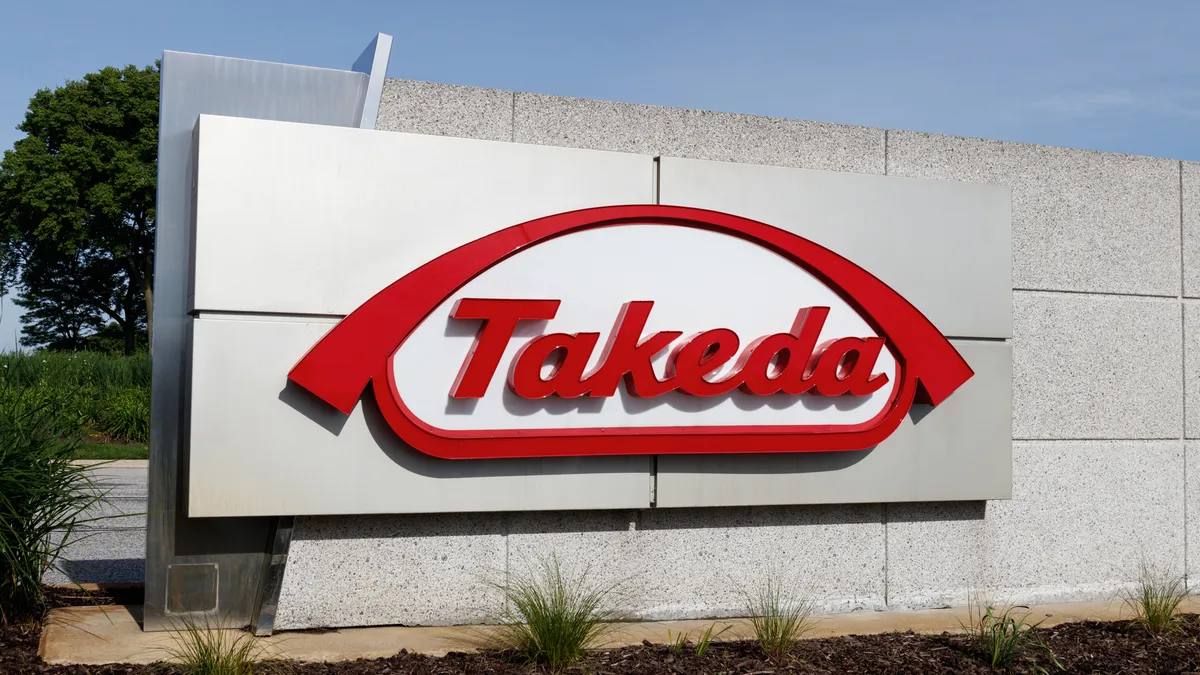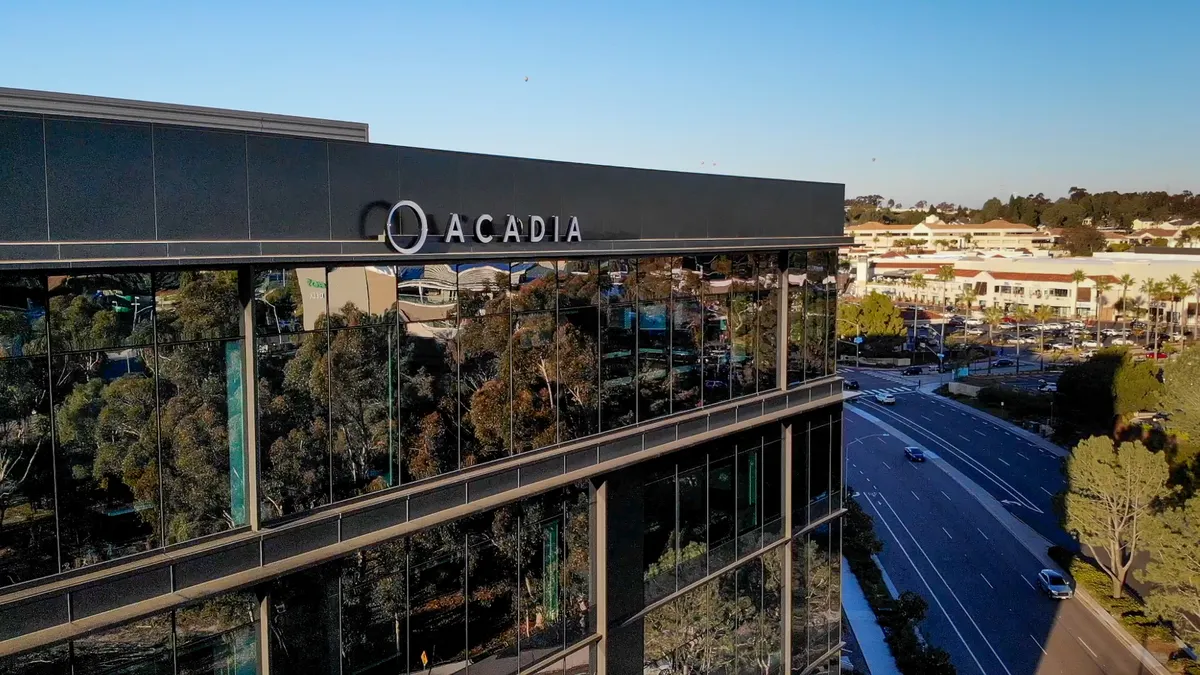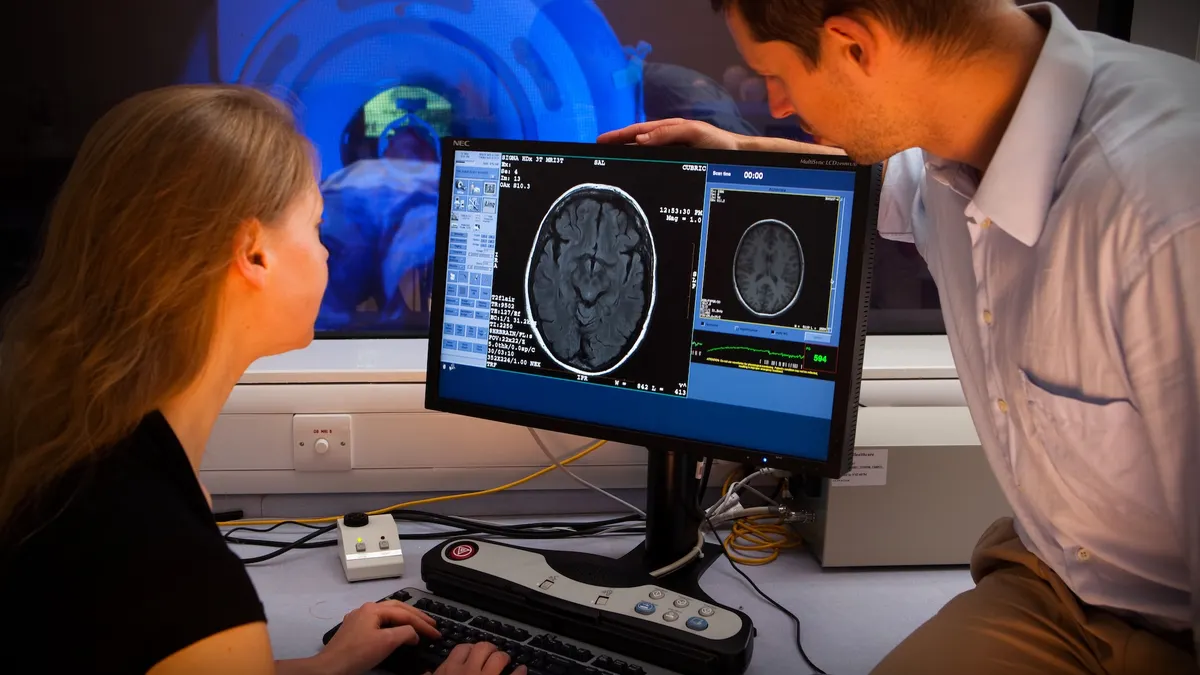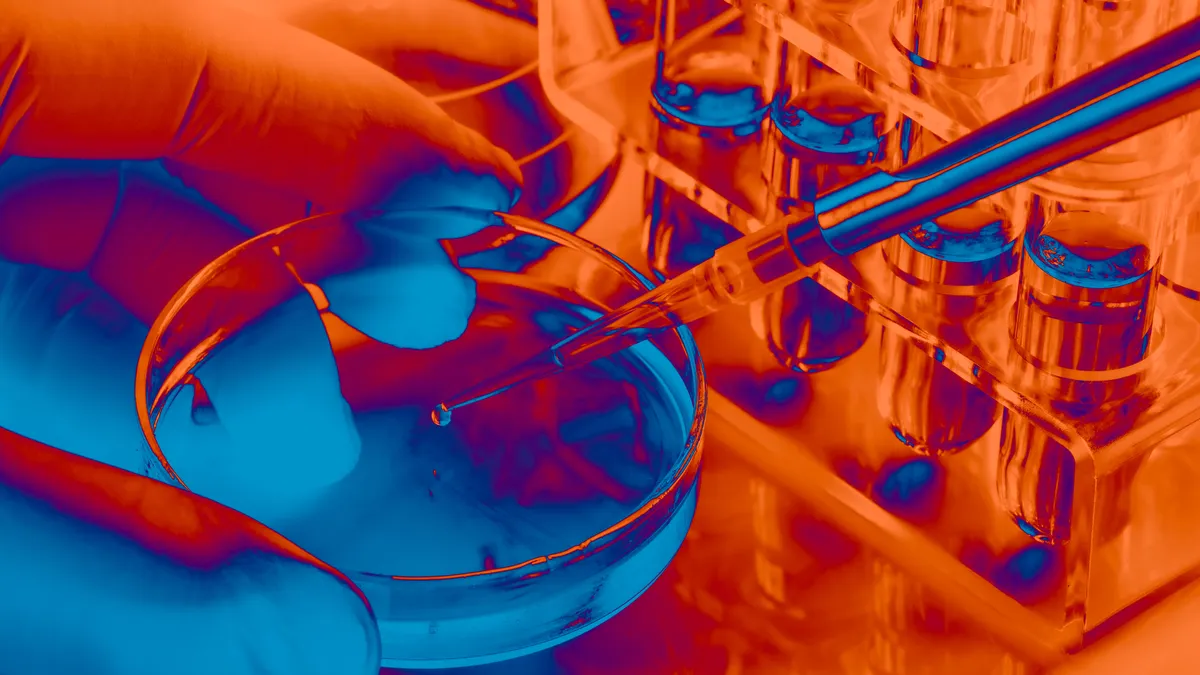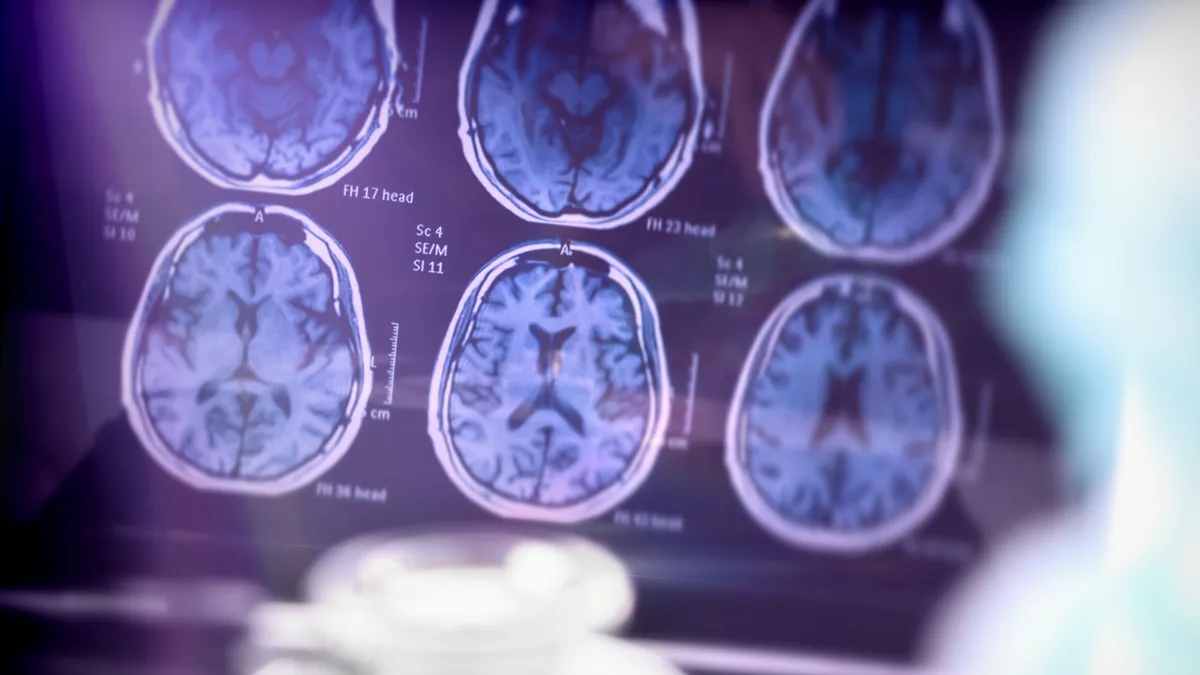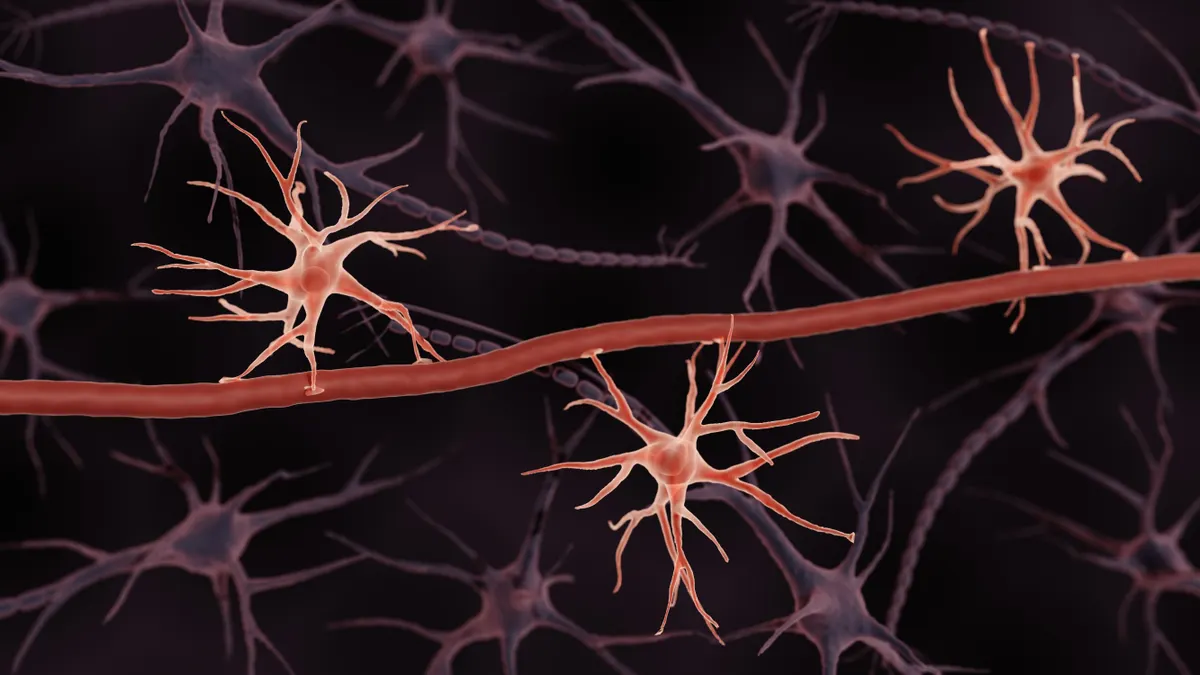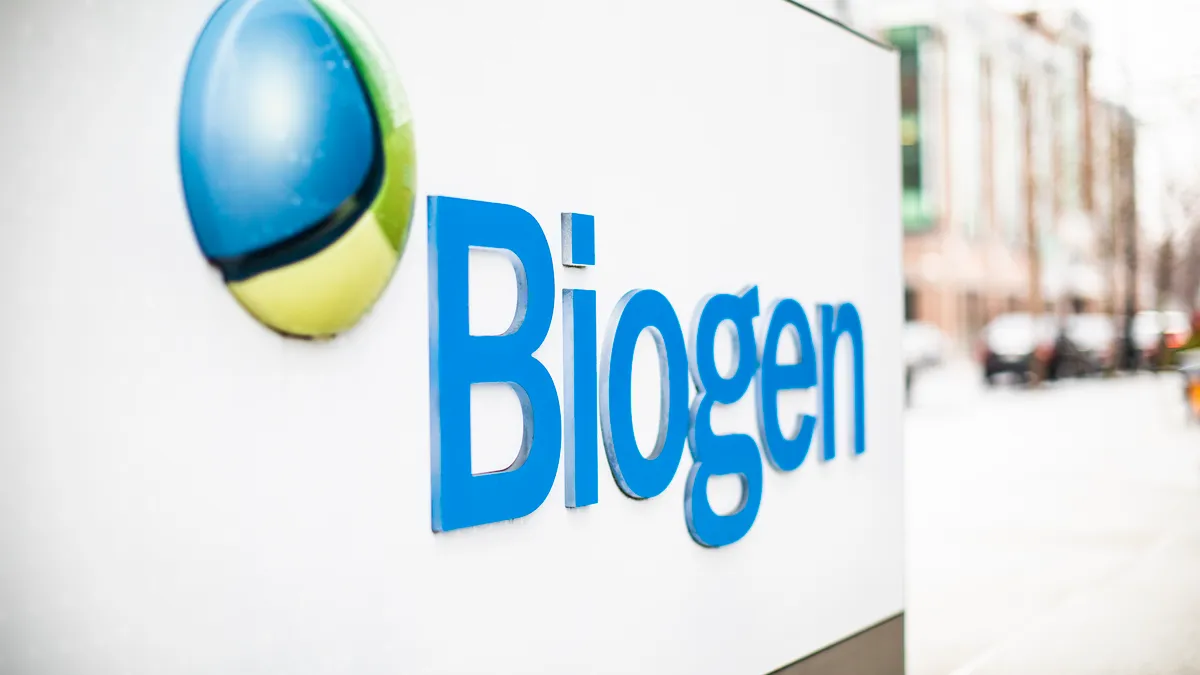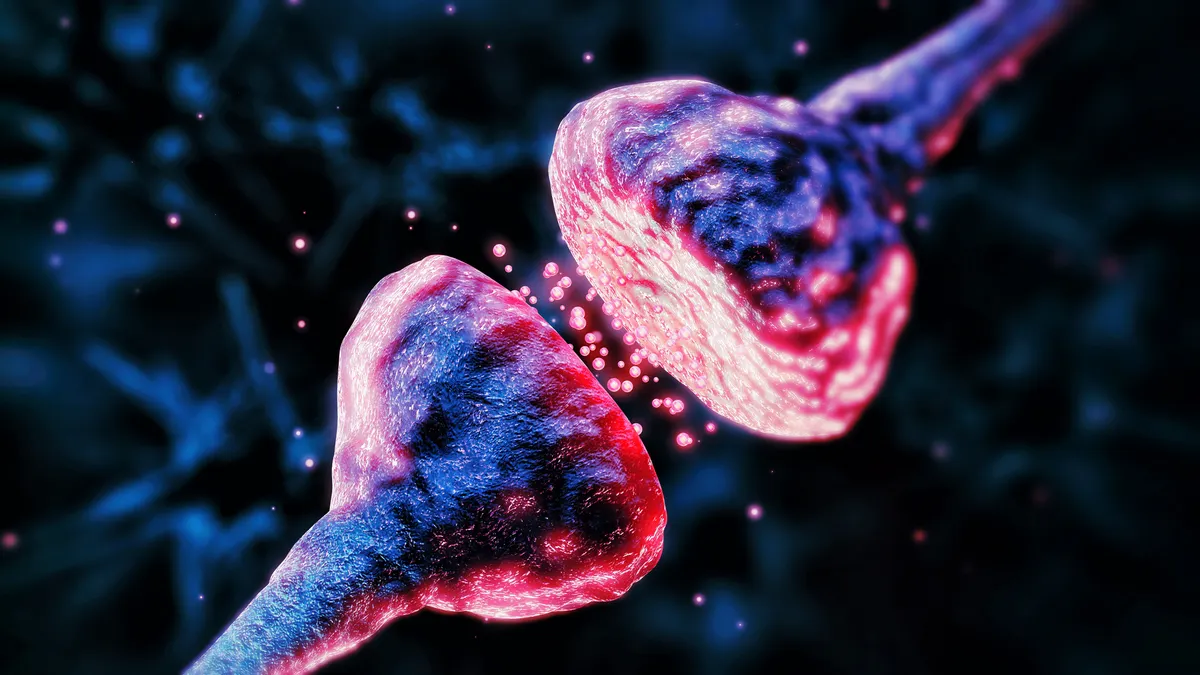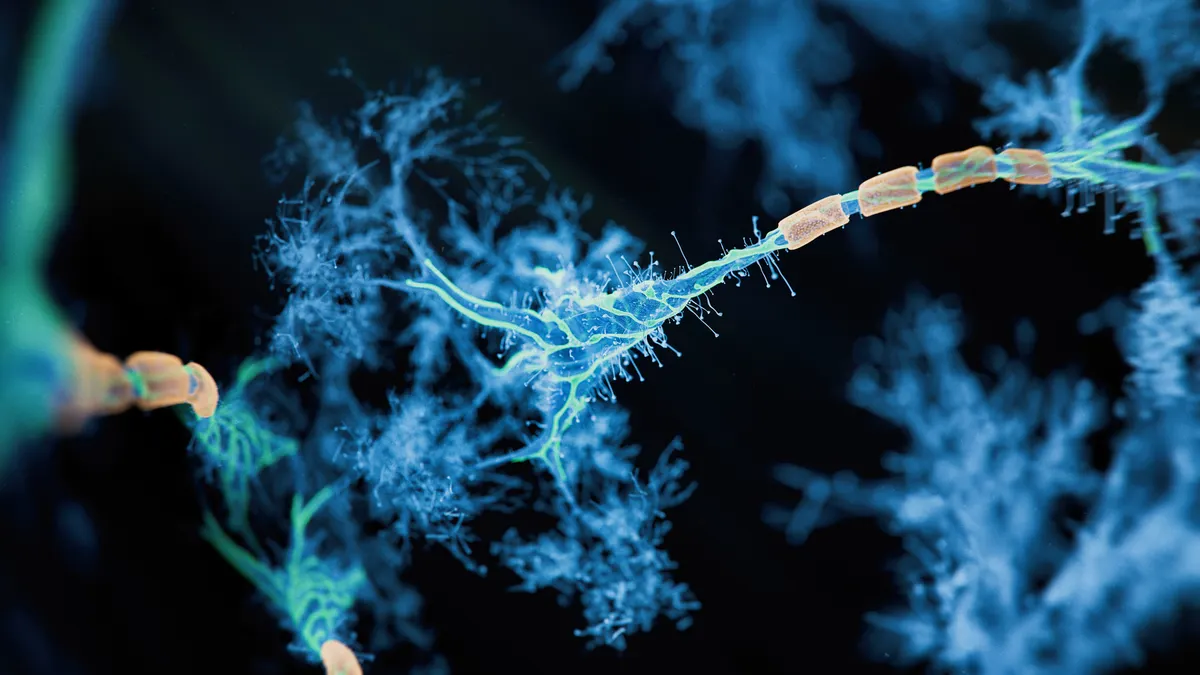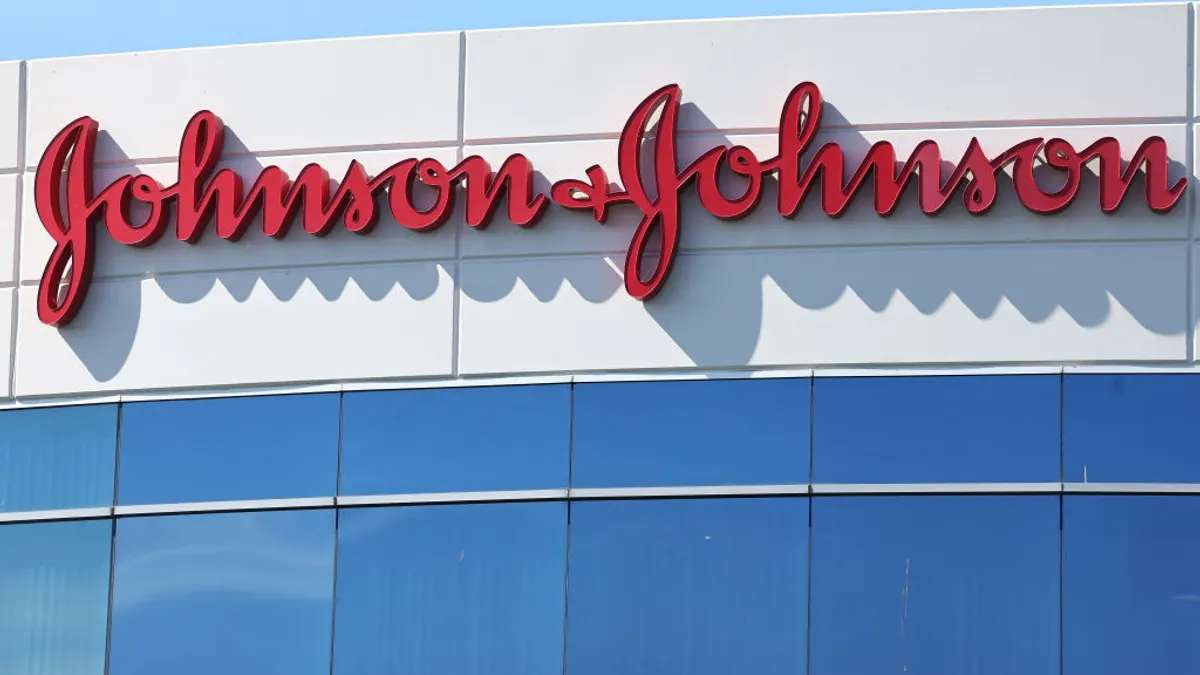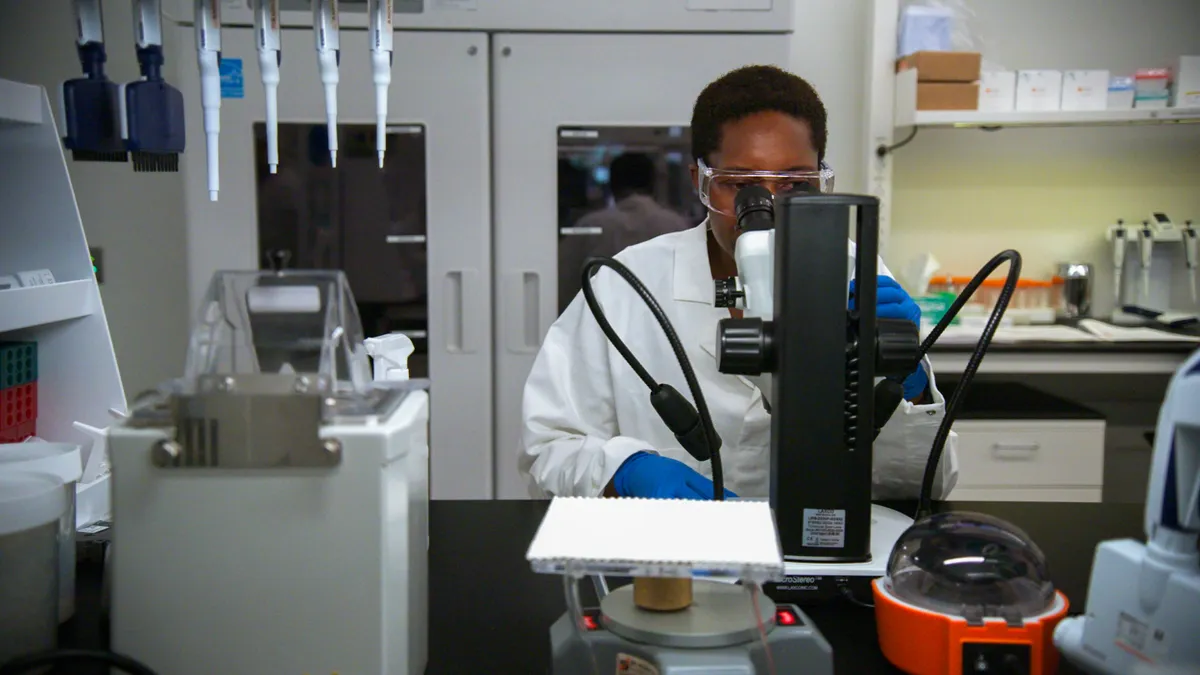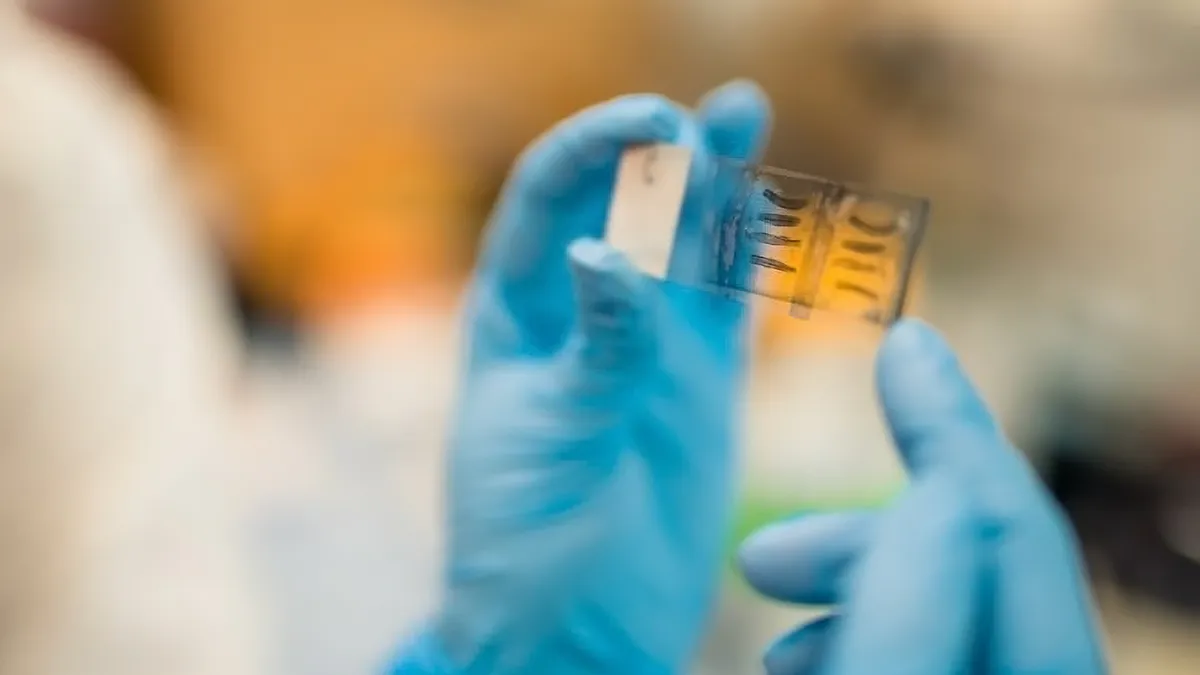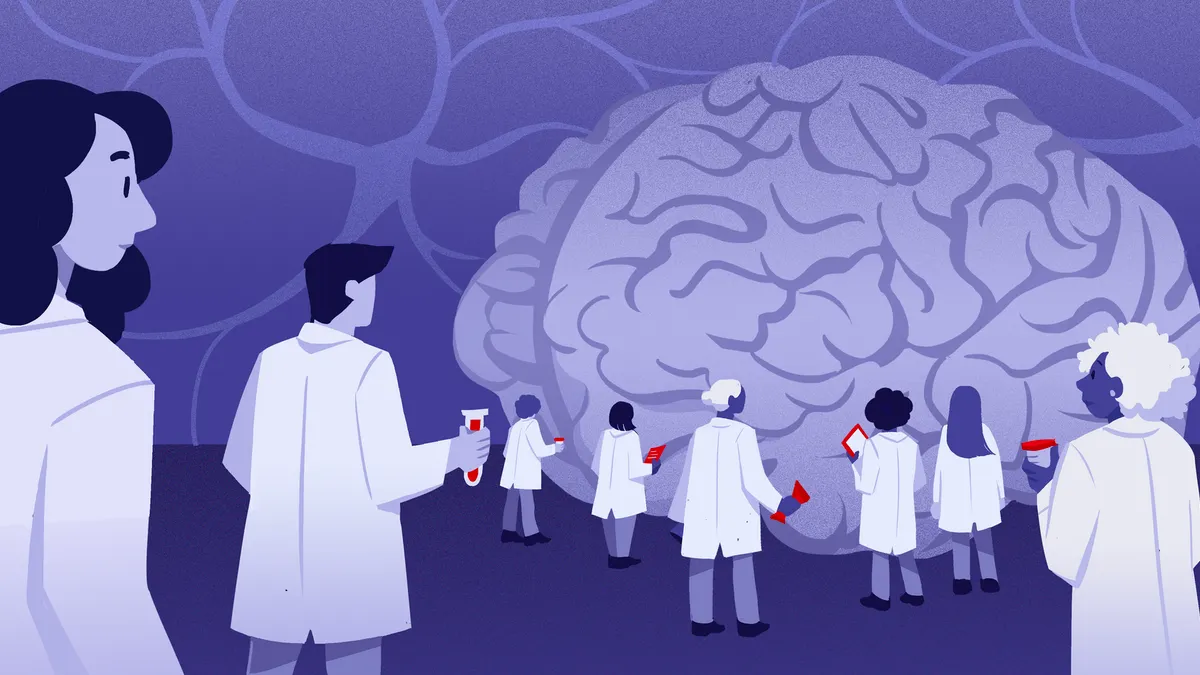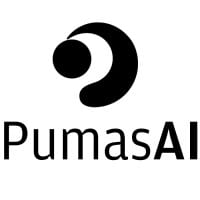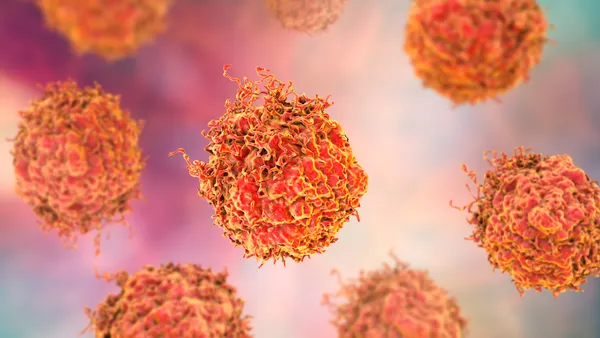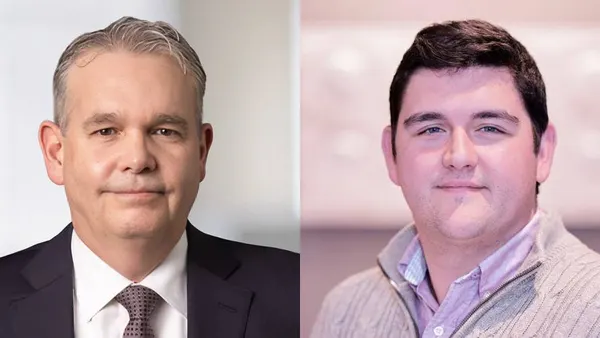Aspen Neuroscience, a cell therapy developer making a treatment for Parkinson’s disease, said Thursday it banked $115 million in a Series C round.
The company’s lead program, called ANPD-001, entered early testing in people with Parkinson’s disease in 2024. The raise is expected to help advance that trial and expand its manufacturing capabilities, according to Aspen.
Aspen is developing individualized treatments that derive stem cells from skin cells grafted off the patient. The cells are then converted into induced pluripotent stem cells, or iPSCs, which can transform into dopamine-producing neurons. In doing so, the company hopes to avoid rejection from the immune system and avoid relying on immunosuppressive drugs in the long term, which are commonly used with other cell therapies.
The personalized autologous approach may also survive and function better than other regenerative cell therapy treatments, said Damien McDevitt, Aspen’s CEO.
Further back in its pipeline is a “gene edited” form of stem cell treatment for a rare pediatric disease, as well as another program it’s developing for a “broad indication,” according to its website.
The exploration of stem cell-derived therapies for Parkinson’s dates back to 1989, when neuroscientist Olle Lindvall first experimented with implanting those cells into a pair of patients. In the decades since, a mix of biotechnology companies and academic researchers have launched their own studies to see if the therapy can restore motor function.
Among Aspen’s competitors is BlueRock Therapeutics, a Bayer subsidiary that recently launched a Phase 3 study of its treatment dubbed bemdaneprocel. A small biotech called Oryon Cell Therapies is testing a similar experimental therapy.
The Series C financing was co-led by OrbiMed, Arch Venture Partners, Frazier Life Sciences and Revelation Partners and included at least nine other backers.
To date, Aspen has raised $340 million to fund its cell therapy ambitions, which include an $8 million grant from the California Institute for Regenerative Medicine.
“Aspen is currently well-funded and is in a strong position for optionality with additional fundraising, IPO or deals to continue advancing our programs, ensuring this novel treatment approach can get to as many patients as possible,” McDevitt wrote in an email to BioPharma Dive.
Cell and gene therapy makers have received comparatively little in venture capital funding in 2025, according to BioPharma Dive data. Only one other regenerative cell therapy maker developing treatments for central nervous system disorders, Neurona Therapeutics, has raised a round worth more than $100 million this year.








